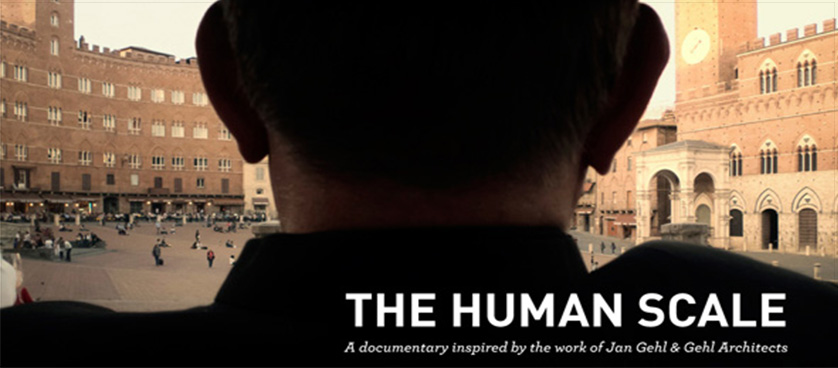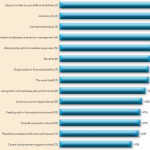The Human Scale
A recent documentary directed by Andreas Møl Dalsgaard, The Human Scale tackles a problematic issue in today’s social environment. At the moment 50% of the world’s population lives in urban areas and by 2050 this is assumed to increase to 80%. The end result will be a greater growing rate of megalopolises.
Currently, cities are being planned with an emphasis on highway or freeway systems, high-rise buildings and work spaces. This current approach has led to material gains, but the costs in human interaction, happiness and social life have not been measured. The consequences are nonetheless seen on many levels. Growing violence and insecurity. Social exclusion at an ever greater scale. Human alienation and social fobia. Depression and anxiety are the diseases of today.
In the past 40 years, the Danish architect Jan Gehl, has studied exactly this: human behavior in cities and how the physical environment affects human beings on an emotional and social level. This lead to studies of how human beings use the streets, how they walk, see, rest, meet, interact in a modern day city. He answered questions like: How many people pass this street throughout a 24 hour period? How many percent of those are pedestrians? How many are driving cars or bikes? How much of the street space are the various groups allowed to use? Is this street performing well for all its users?
The research made by the Danish architect was based on quantitative analysis of the pedestrian traffic in a city and how this is influenced by the city’s infrastructure. His research culminated in the planning of Denmarks’s capital, Copenhagen. The main idea was to put people in the center of the equation, opposed to buildings or highway systems. Walking streets, bike paths, the reorganization of parks, squares and other public spaces have made Copenhagen the world’s most liveable city in 2013 according to Monocle Magazine.
The documentary portrays how cities like Melbourne, Dhaka, New York, Chongqing and Christchurch are now also being inspired by Gehl’s work and by the developments in Copenhagen. The most famous example, New York, adopted this approach in 2007. Broadway and more especially Times Square were the focus of the city planners. They limited traffic in the area, created walking spaces, bike lanes and set up areas where people could gather to socialize and interact. The results were immediately positive: 74% of people applauded the changes and there was a decrease in injuries by 63%. Times Square is now the most frequented place in New York by its 50 million visitors per year.
Although the documentary focuses on adopting a ‘human scale’ in the way cities are designed, there are further ramifications that can be developed. In the business world, recent studies have shown that employee satisfaction and engagement, as well as customer satisfaction are crucial to the success and evolution of any company. The proper emphasis on the human resources in a business always leads to performance.
Using a similar approach when developing business strategies and goals may be the way of the future. A business environment based on a ‘human scale’ may benefit in the same way cities benefited from it. A functional and more natural interaction between employees and management, customers and employees is one of the expected results. This will most likely lead to engaged employees and satisfied customers, and as a result a more productive and successful company.
References:
- Final Cut for Real (2012), Presskit: The Human Scale
- Leigh, G. (2013), Most liveable city: Copenhagen, Monocle Magazine
- Winnipeg Film Group

Tags: Human Resources performance, The Human Scale






